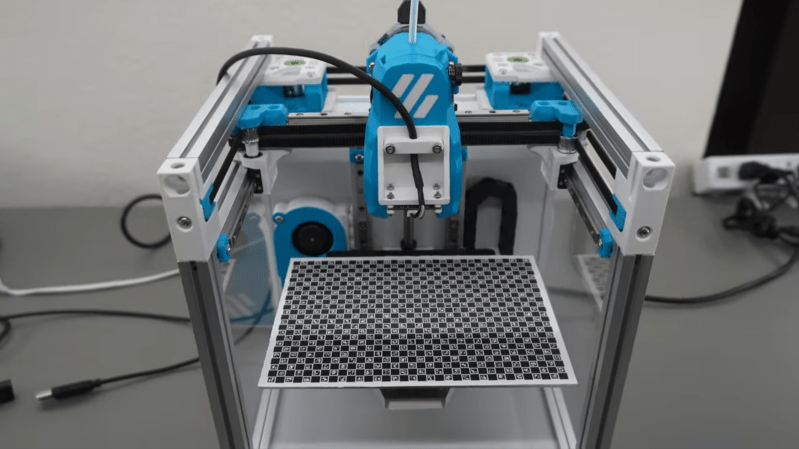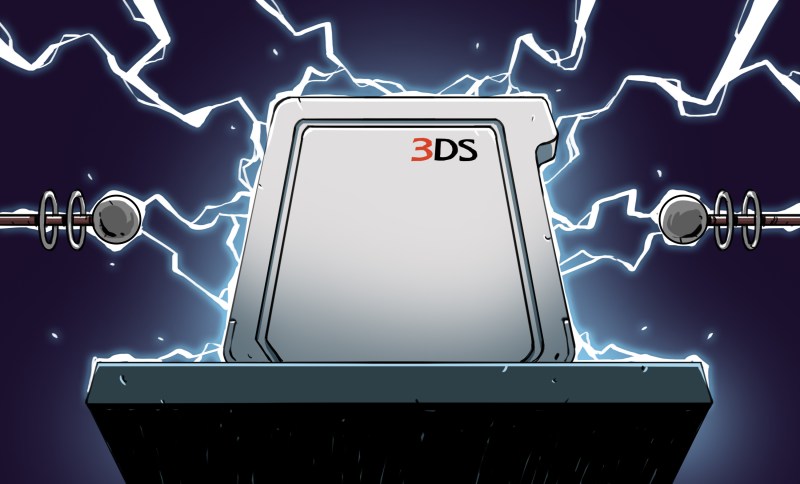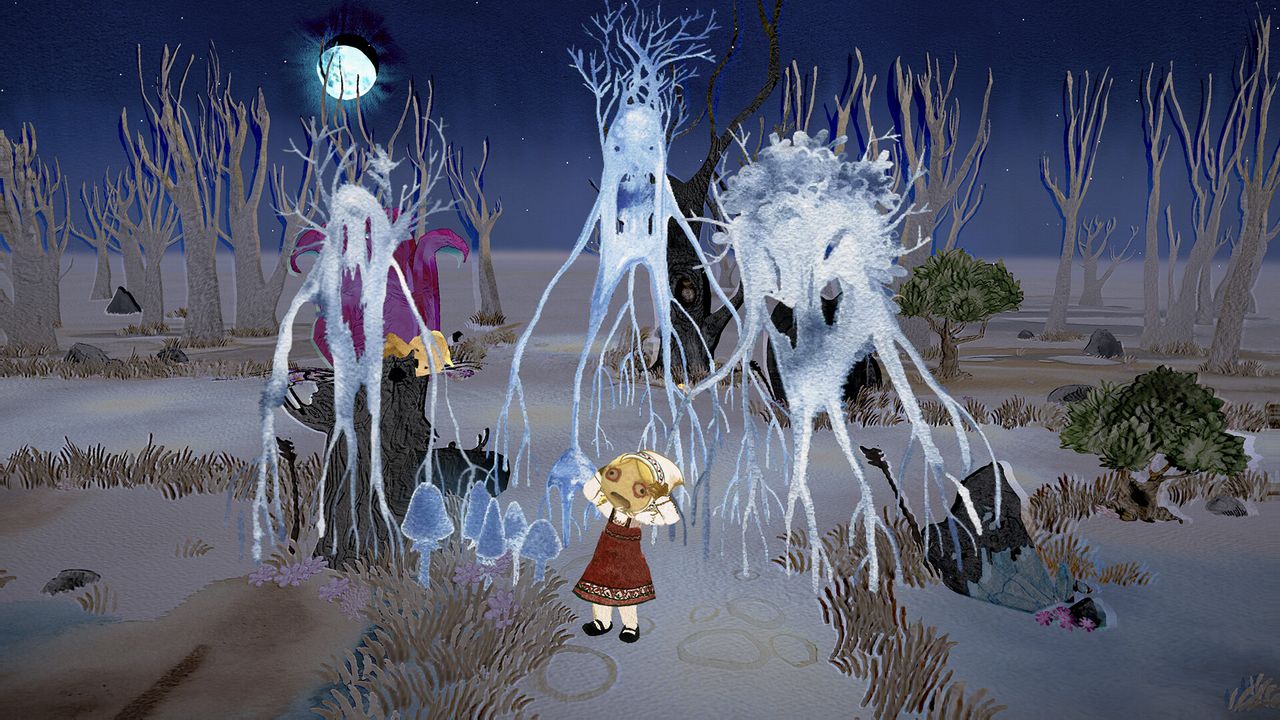Ever feel like some projects just aren’t challenging enough? Dennis from Made by Dennis thought building a Voron 0 was a bit too easy, so he decided to spice things up by calibrating it with computer vision and precise timing. Sounds fun, right?
Honestly, I can’t even keep track of my printer settings most days. But hey, if you’re into making your printer smarter and more precise, maybe this is the project for you.
It’s wild how much tech can evolve, but sometimes you just wish things would work without needing to tinker.
Check out the details here: https://hackaday.com/2025/12/22/calibrating-a-printer-with-computer-vision-and-precise-timing/
#3DPrinting #TechChallenges #DIYProjects #PrintingProblems #BoredomBuster
Honestly, I can’t even keep track of my printer settings most days. But hey, if you’re into making your printer smarter and more precise, maybe this is the project for you.
It’s wild how much tech can evolve, but sometimes you just wish things would work without needing to tinker.
Check out the details here: https://hackaday.com/2025/12/22/calibrating-a-printer-with-computer-vision-and-precise-timing/
#3DPrinting #TechChallenges #DIYProjects #PrintingProblems #BoredomBuster
Ever feel like some projects just aren’t challenging enough? Dennis from Made by Dennis thought building a Voron 0 was a bit too easy, so he decided to spice things up by calibrating it with computer vision and precise timing. Sounds fun, right?
Honestly, I can’t even keep track of my printer settings most days. But hey, if you’re into making your printer smarter and more precise, maybe this is the project for you.
It’s wild how much tech can evolve, but sometimes you just wish things would work without needing to tinker.
Check out the details here: https://hackaday.com/2025/12/22/calibrating-a-printer-with-computer-vision-and-precise-timing/
#3DPrinting #TechChallenges #DIYProjects #PrintingProblems #BoredomBuster
0 Commentarii
·0 Distribuiri






